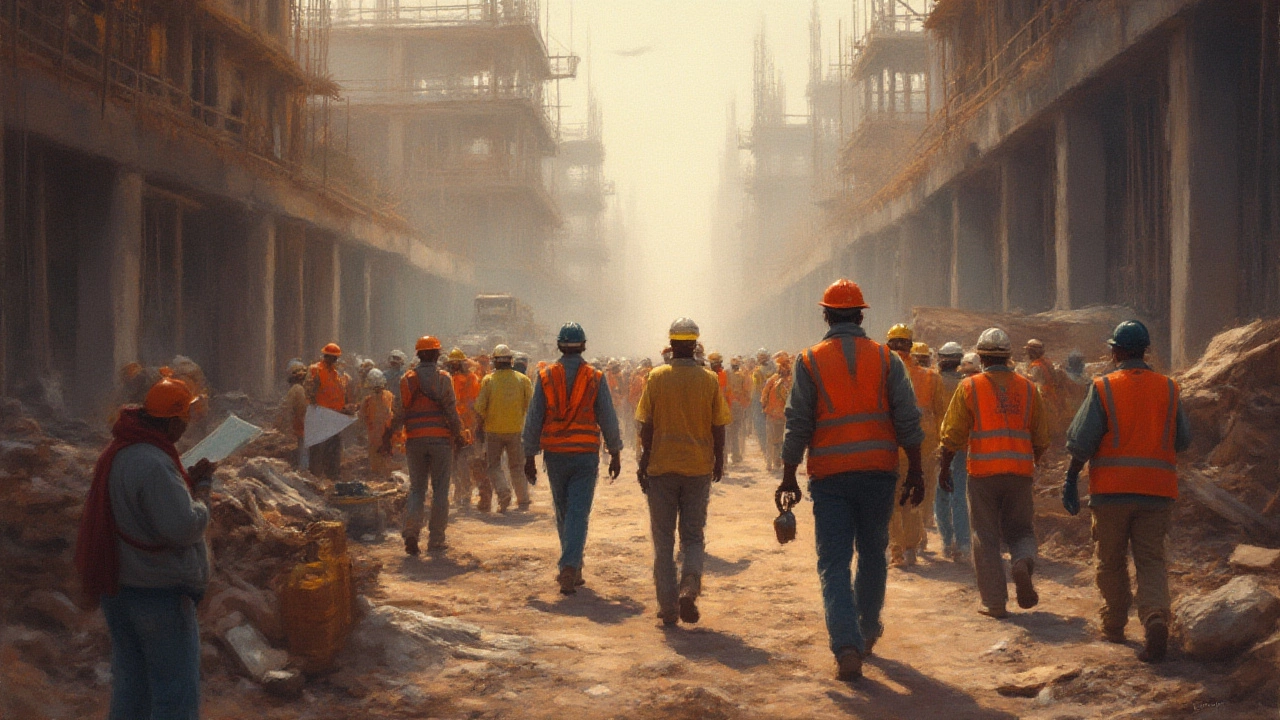Lower Tier Contractors Explained: Roles, Risks, and Real-World Tips
Cut through the legal jargon around lower tier contractors. Learn what they do, how they fit into projects, their risks, and how to manage them smartly.
When you start a building project, whether it’s a home renovation or a commercial building, you’re not just buying materials—you’re entering a construction contract, a legally binding agreement between a property owner and a contractor that outlines responsibilities, timelines, and payment terms. Also known as a building contract, it’s the single most important document that keeps your project from turning into a nightmare. Without one, you’re gambling with your money, your time, and your safety.
Good construction contracts don’t just list prices—they spell out exactly what’s included and what’s not. They define the project scope, the specific tasks, materials, and deliverables the contractor must complete, so there’s no room for guesswork. They also set clear payment schedules, when and how much you pay at each stage of the job, preventing surprise bills. And they include clauses about legal compliance, how the work must meet local building codes and safety standards. If a contractor skips a permit or uses substandard wire, your contract is your backup plan.
Most people think contracts are just paperwork. But look at the posts below—projects fail not because of bad weather or material shortages, but because the contract was vague, incomplete, or ignored. One homeowner tried to fix a foundation crack themselves because the contractor said it was "included"—but the contract never said so. Another business lost months because the contract didn’t specify who handled inspections. These aren’t edge cases. They’re common. The right contract doesn’t just protect you—it saves you stress, money, and time.
What you’ll find here isn’t theory. It’s real examples from people who’ve been burned—and those who walked away protected. From mixed-use buildings needing strict fire separations to commercial projects with complex licensing rules, every post ties back to one truth: if it’s not in writing, it’s not guaranteed. Whether you’re hiring a contractor, managing a team, or just trying to understand why your remodel is delayed, these articles give you the facts you need to make smart calls.

9 July
Cut through the legal jargon around lower tier contractors. Learn what they do, how they fit into projects, their risks, and how to manage them smartly.